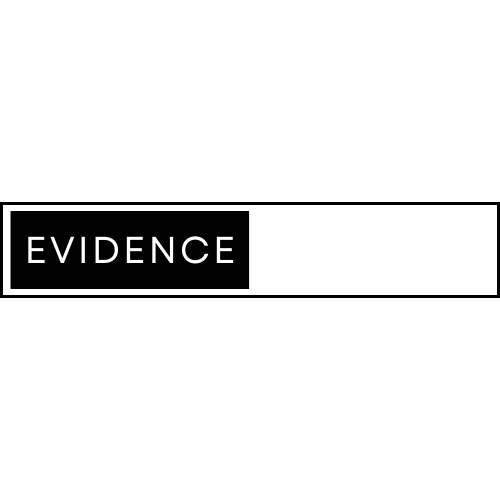Gary Burlingame, Dr. Bernhard Strauss, and Tate Paxton
In our last update, we gave updates meant to take us through the end of 2022. We are now into 2023, there are many exciting developments to outline!
As a refresher: APA, Division 49, American Group Psychotherapy Association, and German Health Ministry have provided funding and support for the creation of an evidence-based group treatment website. This website will serve clinicians and the public and will be updated and enhanced on an ongoing basis. Right now, the project is in nearing the end of the creation phase, with Drs. Gary Burlingame and Bernhard Strauss leading, coordinating, and supporting the multi-team effort.
Many more teams have finished their disorder pages (see list below), and several new pages have been undertaken to increase transparency and usability of the website. Furthermore, APA Division 49 approved funding for the permanent website. The host of the website has created a framework that will allow for easy updates and additions as more treatments gain research to merit the evidence-based designation. In this final creation phase, we are nearly ready to launch parts of the new site. Drs. Gary Burlingame, Bernhard Strauss, and one of Dr. Burlingame’s graduate students, Tate Paxton, will be presenting on the project at the upcoming American Group Psychotherapy Association Connect 2023 conference in March.
The creators of disorder pages have agreed to create a landing page where they outline their work and any unique elements of the research literature for their disorder. On that page, they also outline any potential limitations in the literature to avoid over-interpretation of the evidence. Another additional page includes “Promising Treatments.” These group treatments have not yet accrued as much evidence but have sufficient evidence to be listed as promising. Many of these treatments will likely gain more empirical evidence in the coming years and be included as evidence-based treatments on the website.
Below is the update with all collaborators and respective disorders. As a note, the additional pages are still under development, but the main treatment page templates have been completed for many disorders.
- Gary Burlingame and team – USA
- Depression (complete)
- Schizophrenia (complete)
- Bipolar Disorder (complete)
- Bernard Strauss and team – Germany
- OCD (complete)
- Anxiety disorders and PTSD (work ongoing)
- Stephanie McLaughlin and team – USA
- Borderline Personality Disorder (complete)
- Giorgio Tasca and team – Canada
- Eating Disorders (near completion)
- Gianluca Lo Coco and team – Italy
- Substance-use disorders (near completion)
- Cameron Alldredge – USA
- Chronic Pain (complete)


